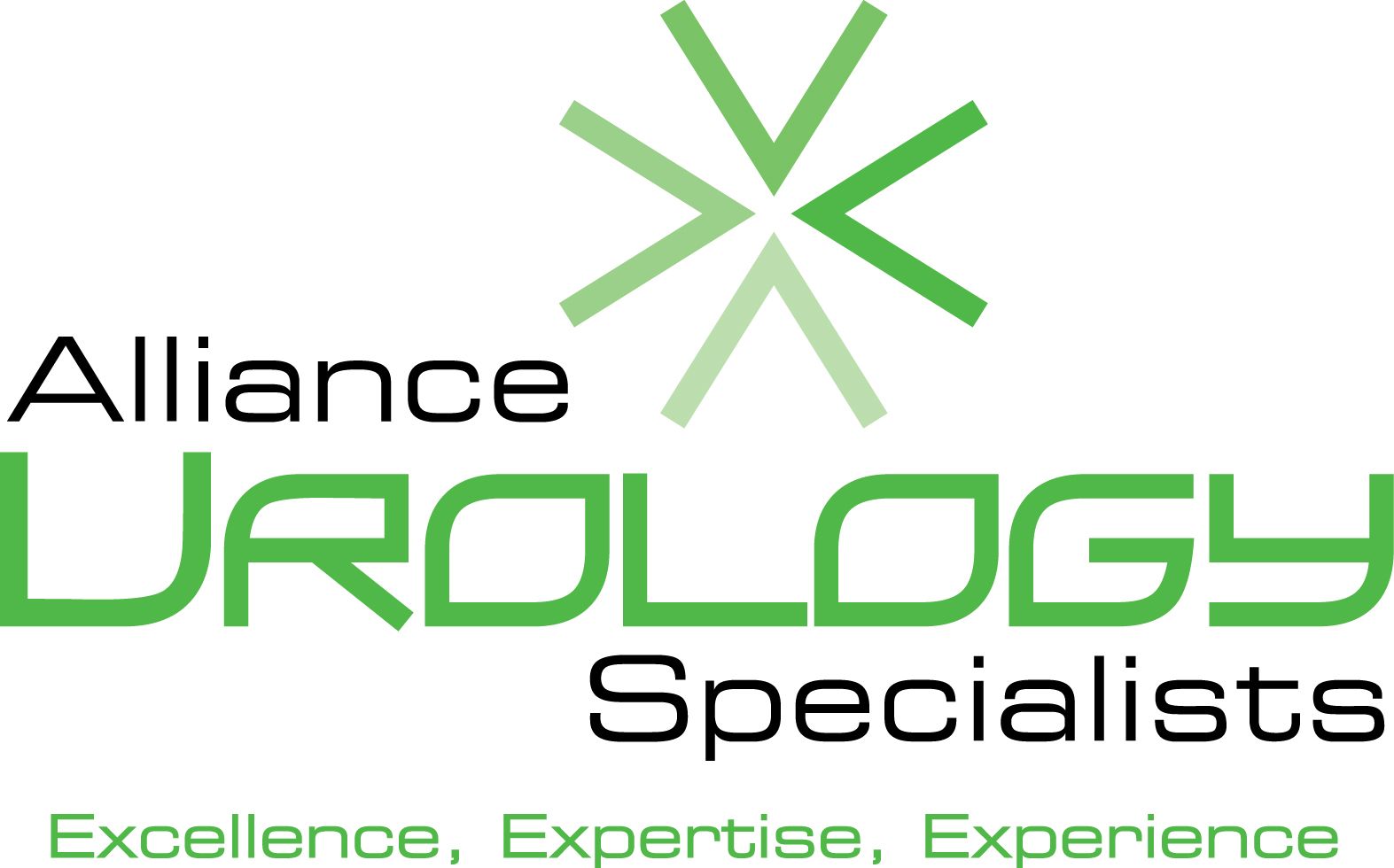
A urologist discusses engagement with work life and home life

“Learning how to disengage from stuff that can be pretty toxic and engaged in the stuff that's most meaningful, I think makes our lives better,” says Amanda C. North, MD.
In this installment of “Begin Your Journey,” urologist Amanda C. North, MD, talks with host Scott A. MacDiarmid, MD, FRCPSC, about how engaging with positive areas of focus at work and at home. North is an associate professor of urology at Montefiore Medical Center in Bronx, New York. MacDiarmid is a urologist with Alliance Urology Specialists in Greensboro, North Carolina.
Transcription:
MacDiarmid: When I write I, I call it "the mind of a warrior," because it's a battle theme. And whether it's secular writings or Christian writings, there's no question that what you think, is what you feel, is what you say, and then that's how you act, and it really dictates your life. I find it so easy to behave myself and think well on weekends, but as you get more and more stressed, you start focusing on every moment and reacting. There's no question that controlling your own thoughts does change your life, but it's a daily battle. I think you can memorize goodness, you can memorize those pathways that get lit up positively that help, but the negative thinking can really wear you down. You've talked about being engaged. Please discuss that with us.
North: Sure. We all have different aspects of our work life and our home lives. And some things we find more interesting, and some things we find more challenging. I think finding what aspects of both your work life and your home life that bring you the most joy, and learning how to really engage and enhance those aspects of what you do, and making them your purpose, your why [is important]. For me, I love taking care of children, and I love operating on children. But I found the most engaging part of my work life right now is my new leadership role in the pediatric urology division, helping to cultivate the academic careers of my 2 junior colleagues, and watching them grow into their new practices and develop an academic personality has been really fulfilling for me, as well as my work through the AUA. Having those things that make me really engaged in what I'm doing, helps get me through the chart completion or answering Epic messages that I don't enjoy so much, because I have things that bring me great fulfillment and joy. The flip side is the home life component, where it's easy to come home, and sit on the couch and stare at your phone and not engage with your family. I have a little bit of a unique situation because I'm divorced and remarried, but I have joint custody of my children. So every other Friday, they come and spend a week at my house. And then on the opposite Friday, they spend a week at their dad's house. And my husband, their stepdad, and I have made a commitment that the weeks that we have the children, we are fully focused on the children. We don't do date nights, we spend the weekend as much as teenagers allow focused on spending time with the children because we know they're going to be gone before we know it. I have a junior in high school who's doing college trips. I want every moment with her I have. And I want my kids to know that even though I work pretty long hours, that when I have them, I am fully focused and engaged on them and our relationship. And so I think this idea of engagement that whatever you're doing, be present, be there, be engaged in it, because it brings more meaning to everything, every aspect of our lives. Our phones are our worst addictions, and I'm as guilty as anyone. Social media, all of that. I know there's this pressure to be present in the "urotwitterverse" and to have a Facebook presence and have an Instagram account and all of that, and I get it. But learning how to disengage from stuff that can be pretty toxic and engaged in the stuff that's most meaningful, I think makes our lives better.
This transcript was edited for clarity.
Newsletter
Stay current with the latest urology news and practice-changing insights — sign up now for the essential updates every urologist needs.






